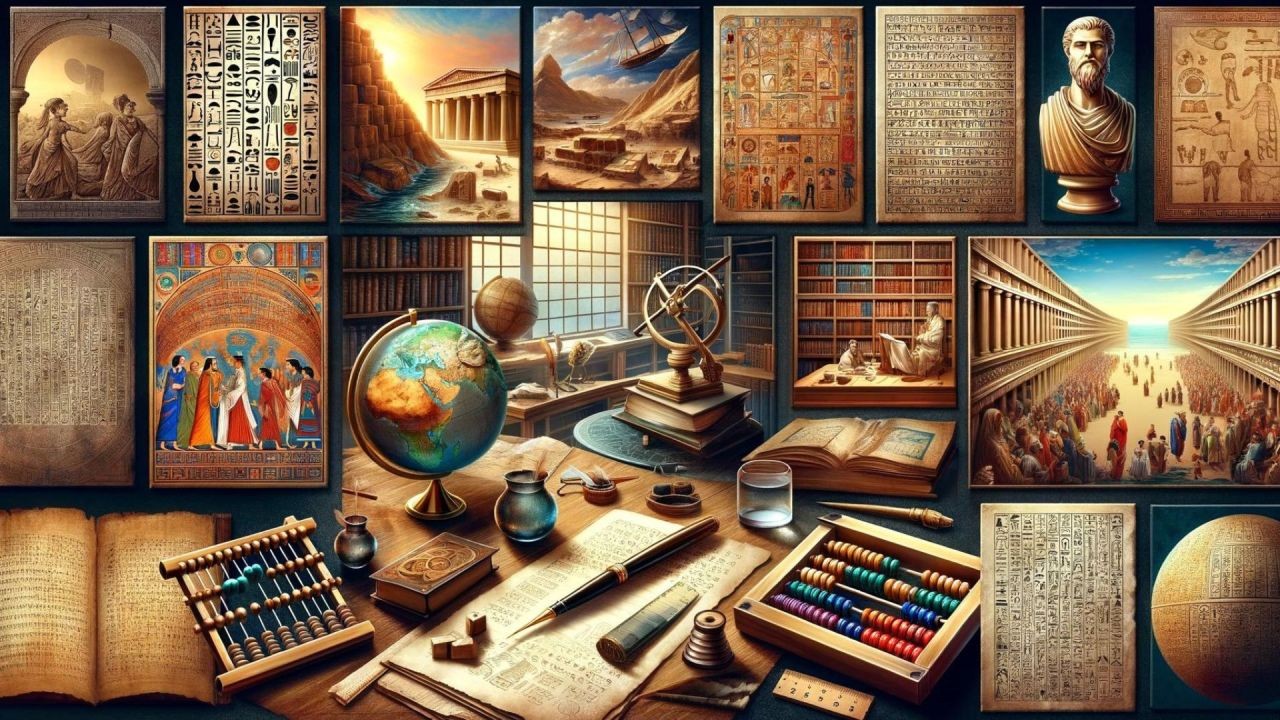In recent years, New Zealand has emerged as a burgeoning hub for game development, attracting both budding talents and seasoned professionals. With a unique cultural landscape and a supportive economic environment, the country offers promising opportunities for those aspiring to enter the industry. This article delves into the pathways and strategies for becoming a game developer in New Zealand, providing insights and real-world examples that highlight the potential and challenges of this vibrant field.
Case Study: RocketWerkz – From Startup to Game Development Powerhouse
Problem: Founded in 2014 by Dean Hall, RocketWerkz initially struggled with limited resources and fierce competition in the global gaming market. The company needed to establish a distinct identity to attract both talent and funding.
Action: RocketWerkz adopted a unique approach by focusing on innovative gameplay mechanics and leveraging New Zealand’s creative talent pool. They attracted local developers and invested in training programs to upskill their team.
Result: Within a few years, RocketWerkz secured significant funding and partnerships, leading to the successful launch of several games, including the acclaimed "Stationeers." The company’s revenue grew by over 200% between 2016 and 2020, showcasing the impact of strategic innovation and talent development.
Takeaway: RocketWerkz’s journey underscores the importance of a creative and strategic approach to game development in New Zealand. Aspiring developers can learn from their emphasis on innovation and local talent cultivation.
How It Works: The Pathway to Becoming a Game Developer in New Zealand
Educational Pathways and Skill Development
New Zealand offers a range of educational opportunities for aspiring game developers. Institutions like the University of Auckland and Media Design School provide specialized programs in game design and development. According to Stats NZ, there has been a 30% increase in enrollment for digital tech courses over the past five years, reflecting growing interest in this field.
Practical experience is equally crucial. Participating in game jams and internships with local studios can provide hands-on skills and industry connections. The Ministry of Business, Innovation and Employment (MBIE) highlights that internships increase employment prospects by 40% in tech industries.
Industry Insights: Trends and Opportunities
The game development industry in New Zealand is experiencing rapid growth, with a focus on both local and international markets. According to the New Zealand Game Developers Association, the industry’s revenue exceeded NZD 320 million in 2022, marking a 15% annual growth rate.
One emerging trend is the integration of Māori culture and storytelling into games, offering a unique cultural perspective that resonates globally. This approach not only enriches the gaming experience but also enhances cultural appreciation and diversity.
Challenges and Misconceptions
While the game development industry in New Zealand is promising, it is not without challenges. A common misconception is that a degree alone guarantees success. In reality, industry experience and networking are equally vital. Another myth is that game development is solely about coding; however, roles in art, design, and sound are integral to a game’s success.
Moreover, funding can be a hurdle for indie developers. The New Zealand Film Commission offers grants and support for game projects, yet competition is fierce, requiring a well-structured business plan and unique project proposal.
Pros vs. Cons of Pursuing Game Development in New Zealand
Pros:
- Innovative Environment: New Zealand’s creative industries are known for their innovation and cultural integration, offering unique storytelling opportunities.
- Growing Industry: With a 15% annual growth rate, the game development sector presents expanding job opportunities.
- Supportive Community: The New Zealand Game Developers Association and various meetups provide networking and collaborative opportunities.
Cons:
- Funding Challenges: Securing funding for game projects can be difficult, especially for indie developers.
- Limited Market Size: New Zealand’s smaller population can limit local sales, necessitating a focus on international markets.
- High Competition: As the industry grows, competition for jobs and funding increases.
Debunking Common Myths About Game Development
Myth: "You need a degree to succeed in game development."
Reality: While a degree can provide foundational knowledge, practical experience and networking are equally crucial for success.
Myth: "Game development is just about coding."
Reality: Successful games require a combination of skills, including art, design, sound, and storytelling.
Myth: "The industry is too small to offer real opportunities."
Reality: New Zealand’s game development industry is rapidly growing, with increasing revenue and job opportunities.
Future Trends and Predictions
Looking ahead, the future of game development in New Zealand is promising. The integration of virtual reality (VR) and augmented reality (AR) is expected to transform gaming experiences. According to a report by NZTech, by 2028, the adoption of VR and AR in gaming could increase by 50%, opening new avenues for innovation and storytelling.
Conclusion: Your Pathway to Success
Embarking on a career in game development in New Zealand offers exciting opportunities for creativity and innovation. By leveraging educational pathways, gaining practical experience, and understanding industry trends, aspiring developers can carve out a successful career in this dynamic field.
Ready to start your journey? Explore educational programs, attend industry events, and connect with local game developers to kickstart your career. Share your thoughts and experiences in the comments below!
People Also Ask
- How does game development impact New Zealand’s economy?Game development contributes significantly to New Zealand’s economy, with revenue exceeding NZD 320 million in 2022, according to the New Zealand Game Developers Association.
- What are the biggest misconceptions about game development?One common myth is that a degree alone guarantees success; however, industry experience and networking are equally important.
- Who benefits the most from game development in New Zealand?Game development benefits developers, artists, and storytellers, offering diverse career paths and opportunities for creative expression.
Related Search Queries
- Game development courses in New Zealand
- New Zealand game developer salary
- How to become a game designer in NZ
- Top gaming companies in New Zealand
- Game development industry growth in NZ




































PhilWestfa
7 months ago